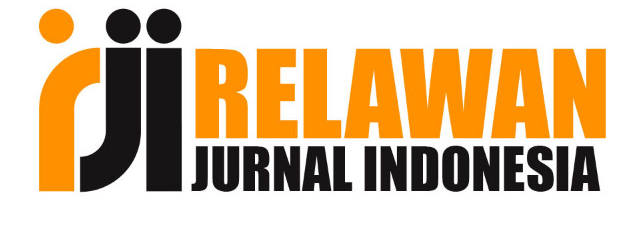Business Ethics in Fintech and Missappropriation of Donation Funds: A Case Study of Kitabisa.com Crowdfunding Platform
DOI:
https://doi.org/10.36982/jiegmk.v15i2.4953Abstrak
The misuse of funds on the Kitabisa.com crowdfunding platform highlights major challenges in maintaining public trust, accountability, and business ethics within Indonesia’s fintech ecosystem. While the platform has facilitated social solidarity by connecting donors and recipients, cases of fund misuse indicate gaps in governance and oversight. This issue is particularly significant given the increasing popularity of crowdfunding-based fintech in Indonesia as part of digital financial innovation influenced by digital capitalism. This study aims to analyze the causes of fund misuse through the lenses of moral judgment, moral identity, and applicable regulations, while addressing the exploitative aspects of digital capitalism. This research employs a qualitative method with a case study approach. Data were collected through document analysis, including news articles, media reports, and academic literature. The findings reveal that weaknesses in recipients' moral judgment and moral identity, a lack of strict reporting mechanisms, and the pressures of digital capitalism are key factors contributing to fund misuse. Furthermore, Indonesia's crowdfunding regulation fails to provide adequate oversight of fund recipients, focusing more on platform operators, which opens opportunities for misuse by recipients. This study offers practical recommendations, including regulatory reinforcement, stricter sanctions, the development of moral education programs for recipients, and the integration of blockchain technology to ensure transparency. These findings are relevant for policymakers, platform developers, and the public in building a more ethical, transparent, and sustainable fintech ecosystem.
Keywords: Fintech ethics, transparency, digital capitalism, morality, regulation.
Unduhan
Diterbitkan
Cara Mengutip
Terbitan
Bagian
Lisensi
Hak Cipta (c) 2024 Kukuh Tondoyekti, Mariana, Reza Arviciena Sakti, Nana Novia Irianti

Artikel ini berlisensiCreative Commons Attribution-ShareAlike 4.0 International License.
Authors retain copyright and grant the journal right of first publication with the work simultaneously licensed under a Creative Commons Attribution License that allows others to share the work with an acknowledgement of the work's authorship and initial publication in this journal.
Â
Authors are permitted and encouraged to post their work online (e.g., in institutional repositories or on their website) prior to and during the submission process, as it can lead to productive exchanges, as well as earlier and greater citation of published work.
Â
LP2M Indo Global Mandiri University has the right to multiply and distribute the article and every author is not allowed to publish the same article that has been published in this journal.










